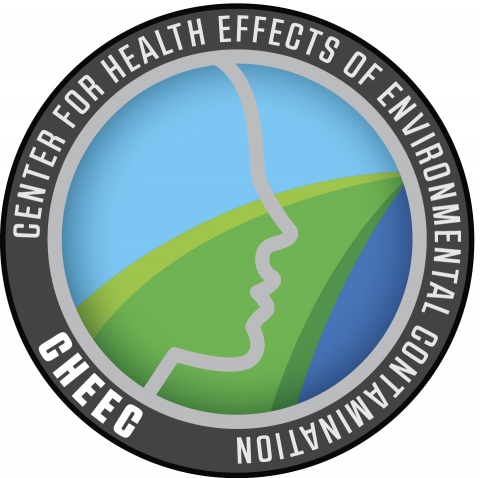Keokuk - Schools Lead Testing and Remediation
The University of Iowa Center for Health Effects of Environmental Contamination (CHEEC), through its Grants to Schools Program, partnered with the Keokuk Community School District to test for lead in school drinking water and provide assistance for the minimal remediation determined to be necessary.
The Center for Health Effects of Environmental Contamination, in partnership with the Iowa State Hygienic Laboratory, works with schools across Iowa through the Grants to Schools Program. The grant program will provide up to $10,000 per school to cover testing for lead in school drinking water. Funds can also be used for the removal and replacement of high priority drinking water outlets that are found to have unsafe levels of lead. Sampling of every water outlet in the school will be conducted by trained personnel from CHEEC. Sample analysis will be conducted by the State Hygienic Laboratory, which is certified for lead testing under the US EPA’s Lead and Copper Rule. Throughout the sampling, analysis and repair process, CHEEC will work closely with school personnel and relevant stakeholders (school staff, parents, and school board) to communicate testing results in a timely and clear fashion and to develop a remedial action plan that prioritizes minimizing exposure to lead through school drinking water. CHEEC is providing this program as a public health service to be proactive in limiting lead exposure in school children.
About Lead in School Drinking Water:
Lead can enter into drinking water through plumbing materials, including drinking water fountains and other fixtures. You cannot see, taste, or smell lead in water. Testing is the only sure way to tell if there are elevated levels of lead in your drinking water. Because of the legacy of lead in the plumbing of older buildings it is recommended by the EPA that schools test their drinking water to “pinpoint potential lead sources to reduce their lead levels to the lowest possible concentrations.”
There is no known safe level of lead exposure for children. Young children are especially vulnerable to lead exposure due to their ongoing growth and development. Exposure to lead can cause damage to the brain, nervous system, red blood cells, liver and kidneys. Lead has the potential to cause lower IQs, hearing impairments, reduced attention span, hyperactivity, developmental delays, and poor classroom performance.
There is no federal law requiring testing of drinking water in schools, except for schools that own and/or operate their own public water supply and are thus regulated under the Safe Drinking Water Act through the Lead and Copper Rule. Currently, there is no Federal or State funding available to assist schools with lead testing and remediation.
